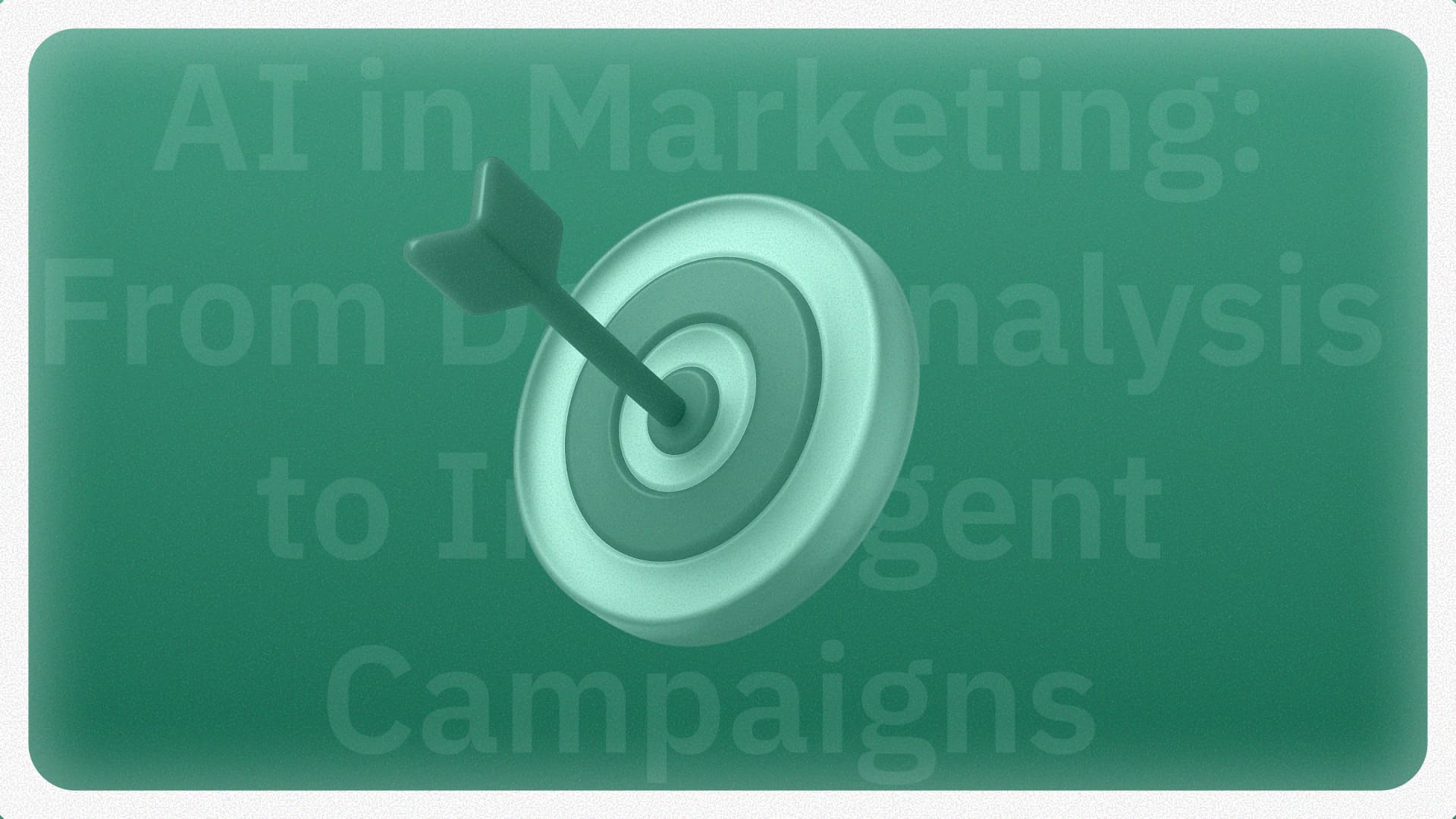Introduction
The world of digital marketing is undergoing a radical transformation thanks to artificial intelligence (AI). No longer a futuristic concept, AI has become a core element in creating highly efficient marketing strategies. From analyzing vast datasets to launching intelligent marketing campaigns, AI empowers brands to reach the right audience, personalize experiences, and maximize ROI.
What Is AI in Marketing?
AI in marketing involves the use of algorithms and automated technologies to understand customer behavior, predict needs, and design more effective marketing strategies. Core AI technologies include:
- Machine Learning (ML)
- Big Data Analytics
- Natural Language Processing (NLP)
- Predictive Analytics
AI allows marketers to move beyond intuition and base decisions on precise, actionable insights.
The Role of Data Analysis in AI-Driven Marketing
1. Understanding Customer Behavior
AI can uncover patterns and motivations in customer behavior from sources like:
- Social media interactions
- Purchase histories
- Geolocation data
- Website and ad engagement metrics
2. Data-Driven Decision Making
Instead of relying on guesswork, marketers can use AI to:
- Optimize advertising strategies
- Choose the most effective marketing channels
- Accurately target specific audiences
How AI Powers Intelligent Marketing Campaigns
1. Hyper-Personalization
AI enables brands to deliver tailored content for each user based on:
- Interests and preferences
- Past behavior
- Stage in the customer journey
- Demographic and geographic data
2. Marketing Automation
AI tools allow:
- Automated email campaigns triggered by user behavior
- Dynamic ads that adjust in real time
- Automatic audience segmentation
3. Ad Performance Optimization
AI helps marketers to:
- Identify the most effective keywords
- Increase click-through rates (CTR)
- Adjust ad budgets and targeting dynamically
Enhancing Customer Experience with AI
AI transforms customer interactions by:
- Powering 24/7 chatbots and virtual assistants
- Providing personalized product recommendations
- Analyzing customer sentiment to understand opinions
- Delivering faster, more accurate support
Real-World Examples of AI in Marketing
| Company | AI Marketing Application |
| Nike | Analyzes athlete and customer behavior to personalize products and campaigns based on individual interests. |
| Starbucks | “Deep Brew” system predicts customer preferences and delivers personalized offers based on purchase history and location. |
| Sephora | Uses AI-powered Virtual Try-On technology to allow customers to try makeup digitally, improving conversion rates. |
| Mercedes-Benz | Monitors online reviews and feedback using AI to optimize advertising strategies and improve customer satisfaction. |
| Domino’s Pizza | Forecasts orders and optimizes local ads based on weather, historical purchases, and geographic location. |
| H&M | Analyzes sales data to predict fashion trends and create localized marketing campaigns per region. |
| Spotify | Generates personalized playlists for each user using machine learning and listening behavior, increasing engagement. |
Benefits of AI in Marketing
- Accurate customer targeting
- Higher ROI and conversion rates
- Reduced operational costs
- Improved ad campaign performance
- Personalized customer experiences
- Faster, smarter decision-making
Challenges of Implementing AI in Marketing
- Requirement for clean and accurate data
- Lack of technical marketing expertise
- Privacy and data protection concerns
- Integrating AI with legacy systems
The Future of AI-Powered Marketing
Statistics show that:
- Over 80% of marketers will rely on AI in the coming years
- Campaigns without AI will struggle to compete
- Predictive marketing will replace traditional marketing approaches
Conclusion
AI is no longer just a tool—it’s the driving force shaping the future of marketing. Companies that invest in AI today will gain a competitive edge tomorrow. By combining data analysis, hyper-personalization, and automated intelligent campaigns, marketers can create experiences that are smarter, more engaging, and more impactful than ever before.
